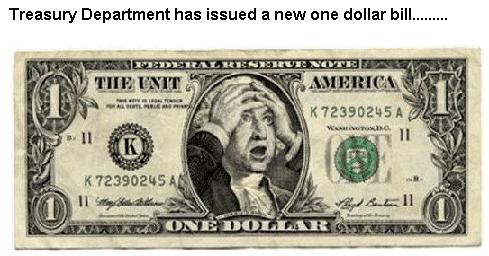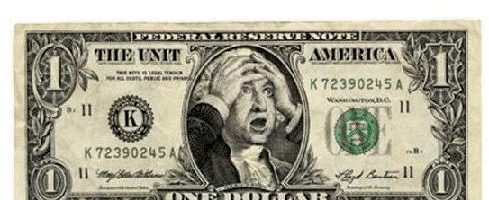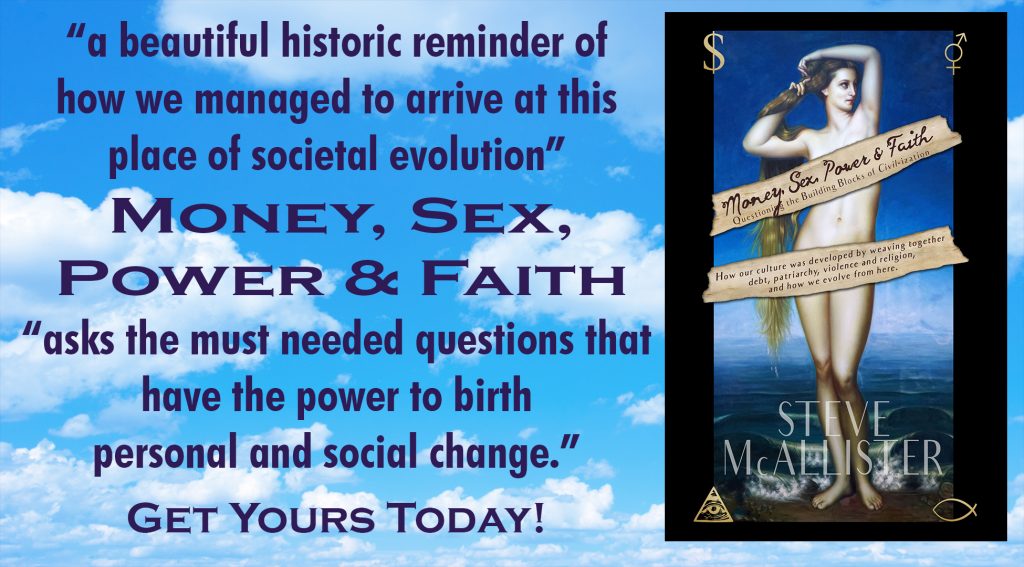The following is a chapter from Money, Sex, Power & Faith.
Order your copy in paperback or for Kindle!

In Natural Capitalism: Creating the Next Industrial Revolution by Paul Hawken and L. Hunter Lovins, capitalism, as currently practiced, is defined as “a financially profitable, nonsustainable aberration in human development. What might be called ‘industrial capitalism’ does not fully conform to its own accounting principles. It liquidates its capital and calls it income. It neglects to assign any value to the largest stocks of capital it employs – the natural resources and living systems, as well as the social and cultural systems that are the basis of human capital.”
The American economy, comprised of less than five percent of the world population, has been largely built on a game of speculative numbers representing an idealized currency with no material backing. This teetering giant has also become the consumer of “one-third of the world’s paper, a quarter of the world’s oil, twenty-three percent of the coal, twenty-seven percent of the aluminum, and nineteen percent of the copper.” We would be wise to rethink our position in the world and where we are setting our priorities.
Given that the money we’ve been using to drive all of this energy into a few people’s bank accounts with a fiat currency makes it all the more disparaging. The harsh reality is that we have all been duped. The harsher reality is that we have been complicit in the duping.
“From ‘activist investors’ to investment banks, from management consultants to asset managers, from high-frequency traders to insurance companies, today, financiers dictate terms to American business rather than the other way around,” says Foroohar in Makers and Takers. “Wealth creation within the financial markets has become an end in itself, rather than a means to the end of shared economic prosperity. The tail is wagging the dog.”
Granted, most of us wanted this thing to work out. The only reason anyone has ever signed on for the American experiment is because they wanted a better life for themselves and their progeny. When the masterminds of finance sold us this idea, it sounded really good. Unfortunately, the supposed masterminds were dealing with imaginary numbers instead of actual life, most recently resulting in the crash of 2008 and the ensuing Great Recession. If there’s any truth to films like Boiler Room and The Wolf of Wall Street, it may very well be that they were coked up or otherwise medicated when they came up with their plans.
“The economic harm caused by this crisis has been enormous,” continues Turner. “Millions of people lost homes because of unaffordable debts; millions also suffered unemployment. The percentage of the US population that is employed fell to a 35-year low, and despite limited recovery after 2013, is still far below pre-crisis level.”
Yet the burden of this shortsightedness has not merely fallen on Mom and Pop just trying to make things work on Main Street, but possibly for generations to come. “Across the advanced economies overall bailout and support costs will be at most 3% of GDP,” Turner continues. “The full economic cost of the crash and post-crisis recession is far bigger. On average in advanced economies public debt increased by 34% of GDP between 2007-2014. But even more importantly, national incomes and living standards in many countries are 10% or more below where they could have been and are likely to remain there, not for a year, but for year after year in perpetuity.”
“The financial crisis of 2008,” reminds Foroohar in Makers and Takers, “was followed by the longest and weakest economic recovery of the post-World War II era. While the top tier of society is now thriving, most everyone else is still struggling. We need a dramatically different balance of power between finance and the real economy – between the takers and the makers – to ensure better and more sustainable growth.”
The sad fact is that with as much excitement as we’ve created about the possibilities of capitalism while putting all of our eggs in the basket of finance, we haven’t been thoroughly realistic with our prospects. Hawken and Lovins go on to explain in Natural Capitalism, “The past two hundred years of massive growth in prosperity and manufactured capital have been accompanied by a prodigious body of economic theory analyzing it, all based on the fallacy that natural and human capital have little value as compared to final output. In the standard industrial model, the creation of value is portrayed as a linear sequence of extraction, production, and distribution: Raw materials are introduced. (Enter Nature, stage left.) Labor uses technologies to transform these resources into products, which are sold to create profits. The wastes from production processes, and soon the products themselves, are somehow disposed of somewhere else. (Exit waste, stage right.) The ‘somewhere’ in this scenario are not the concern of classical economics: Enough money can buy enough resources, so the theory goes, and enough ‘elsewheres’ to dispose of them afterward.”
Yet after the financial market has turned all of the planet’s resources into valueless numbers in a computer, and all of our “elsewheres” have been turned into wastelands, will we then be able to enjoy the freedom we’ve sold ourselves for? Is it possible to come to a point of balance before we sacrifice all that we hold dear in order to further inflate the already bursting accounts of the masters of the financial game? Or are the dystopian prophecies correct in their portrayal of man overcome by machine, our fate sealed as slaves to our own creation?
There is a plethora of apocalyptic science fiction that has grown from our fascination with global capitalism, from Big Brother to Cyberdine, and there is good cause for that. As Tim Jackson writes in Prosperity without Growth: Economics for a Finite Planet, “Every society clings to a myth by which it lives. Ours is the myth of economic growth.”
Unfortunately, our myth isn’t sustainable, as Yuval Noah Harari points out in Sapiens, “Capitalism’s belief in perpetual economic growth flies in the face of almost everything we know about the universe,”2 and the outcomes of this scenario offer quite a few unpleasant possibilities.
In This Spaceship Earth, David Houle and Tim Rumage point out that “The concept of unlimited growth might have been a survival idea first, and then an economic concept, but it now threatens our survival. The depth to which our economic ideas from the past pervade our thoughts today puts us at peril.”
The problem is as Edward Abbey stated it: “Growth for the sake of growth is the ideology of the cancer cell.”
Humans have become quite addicted to the idea of measuring out life’s worth in monetary amounts for every facet of our being, even to the point of sacrificing the well-being of our neighbors and ourselves for the benefit of a “legal fiction”. It’s pretty safe to say that American economics is a bit off kilter. We are, fortunately, coming to a stage in the game where a great enough number of people are starting to imagine a version of reality in which we are able to turn the tide and save our species. But for that to happen, we must overcome our delusions.
“If capitalism has one pervasive untruth,” Hawken tells us in The Ecology of Commerce, “it is the delusion that business is an open, linear system; that through resource extraction and technology, growth is always possible, given sufficient capital and will. In other words, there are no inherent limits to further expansion, and those who wish to impose them have a political agenda. This cornucopian paradigm asserts that the limits before us are irrelevant, that finiteness is a Malthusian misconception, and that economic growth can be extended indefinitely into the future.”
In Capital in the Twenty-First Century, Thomas Piketty agrees. “When the rate of return on capital exceeds the rate of growth of output and income, as it did in the nineteenth century and seems quite likely to do again in the twenty-first, capitalism automatically generates arbitrary and unsustainable inequalities that radically undermine the meritocratic values on which democratic societies are based.”7
If Americans still choose to be the leaders of the free world, we had better understand the true costs of our freedom. As it stands, we are spending far too much energy and burning through far too many resources just to feed our legal fictions and unscrupulous finance machine. Ignoring the warnings before us could lead to the dystopian future we’ve imagined, or it could lead to something far worse.
Order your copy of Money, Sex, Power & Faith today!


